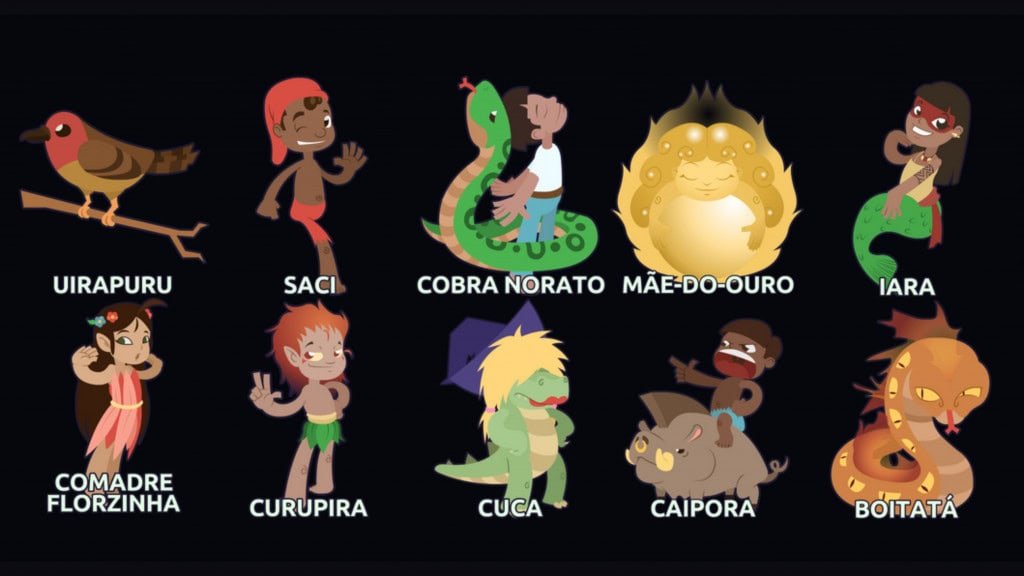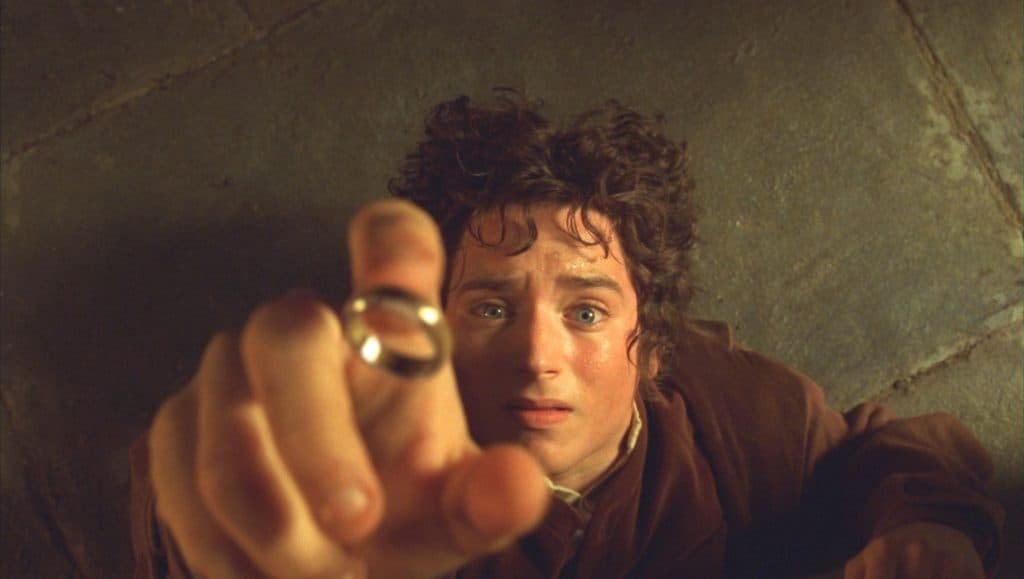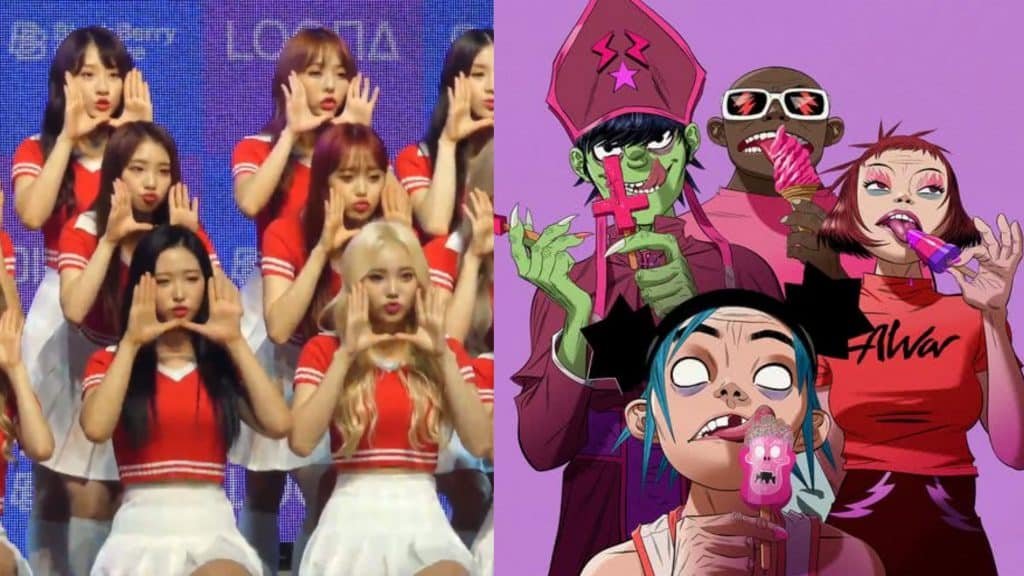In recent years, the word “Lore” He became ubiquitous in discussions about video games, anime, series and other works of fiction. Whether in YouTube videos, fan forums or social networks, it is increasingly common to hear phrases like “The lore of this game is amazing” or “Do you know Lore in this series?”.
But after all, what exactly does “Lore” mean? Why did this term become so popular? And how does it differ from concepts such as history or canon?
What is Lore: the term that dominates the discussions of games, anime and series
1) What the term means
The word “Lore” comes from old English and means, in general, traditional knowledge or teaching. In the modern context, especially in pop culture, it refers to background information set that forms the universe of a work of fiction.

In games, anime, series or movies, the lore It includes myths, legends, internal rules, past events, characters biographies, fictional religions, imaginary geographies and even technological or magical details that explain how that world works.
Relationship with folklore

The connection between lore and folklore is straightforward. The very word “folklore” comes from English folkloreformed by the junction of folk (people) and lore (knowledge) Its literal meaning would be “knowledge of the people” or “what the people do.”
In Portuguese, the term began to designate the set of traditions, legends, myths, dances, customs and other cultural manifestations transmitted from generation to generation, usually orally or by social practices.
While folklore concerns the traditions, myths and customs of a real people, the lore In fiction it represents the mythologies and internal traditions of imaginary worlds.
2) Difference between Lore and History
Although they are connected, lore and history They are not the same thing. The difference is simple but important:
- Lore: It is the background, the universe behind the main plot. Includes all that gives context and depth to the fictional world: the origin of the characters, the rules that govern that universe, the historical events that happened before the main narrative, among other details;
- History: It’s the specific narrative we follow. That is, the sequence of events with beginning, middle and end, with characters living conflicts and adventures.

A practical example: in the universe of Lord of the Ringsthe lore Includes the creation of Middle-earth, the tales of the gods, the origin of the rings, and the elven languages. Already the history It is Frodo’s journey to destroy the ring.
3) difference between Lore and Canon (canonical)
Another term that often appears along with lore and “Canon” (or “canonical”). Although related, the concepts are different:
- Canon (canonical): These are the events and information officially recognized by creators as part of the main narrative. Everything that “really happened” in that universe, according to official materials;
- Lore: It’s broader. It includes not only what is canonical, but also information from parallel materials, spin-offs, fan theories and even internal legends circulating within that universe.

For example, in the case of Star Warsmovies and some series are considered canonas stories of old books, discontinued games or comics are part of the lorebut not the current canon.
Why was the term Lore so popular?
The rise of the term lore In pop culture has several explanations. Games like Dark Souls, The Elder Scrolls, World of Warcraft and Five Nights at Freddy’s helped popularize the concept.
In these franchises, much of the story is not told directly: the player needs to explore, talk to NPCs or read descriptions of items to set up the “puzzle” of the narrative. This has stimulated the production of videos, wikis and channels specialized in “Lore Videos”.

In addition, the word lore It’s short, easy to say, and adapts well to internet search and platform algorithms like YouTube and Reddit. This made the term replace longer expressions such as “background history”, “expanded universe” or “background information.”
Read more:
Lore beyond games: anime, movies and more
The use of the term lore It goes far beyond video games. He is also present in comics, anime, movies, series and other narrative media.
In addition, the concept has been adopted by musical bands, such as the virtual group Gorillaz and the group of K-pop Loonwhich built fictional universes explored through music, music videos and promotional material.

Content creators such as YouTubers and Streamers also use Lore to develop their own background stories, creating unique characters and mythologies for their personal brands.
Some of the most popular productions of recent decades have stood out precisely because they presented LONES rich and deep. Series like game of Thrones, Stranger Things, Supernatural and Doctor Who They won hearings by building detailed universes with their own mythologies.

The same happens in anime like Naruto, Attack on Titan and especially One Piecewhich present vast worlds and full of contentwith legends, tradition, historical events and internal rules.
These details generate discussions in forums, Social Network Groups and YouTube Analysis Channelswhere fans debate theories, interpret events, and try to unravel all the mysteries hidden in these works.